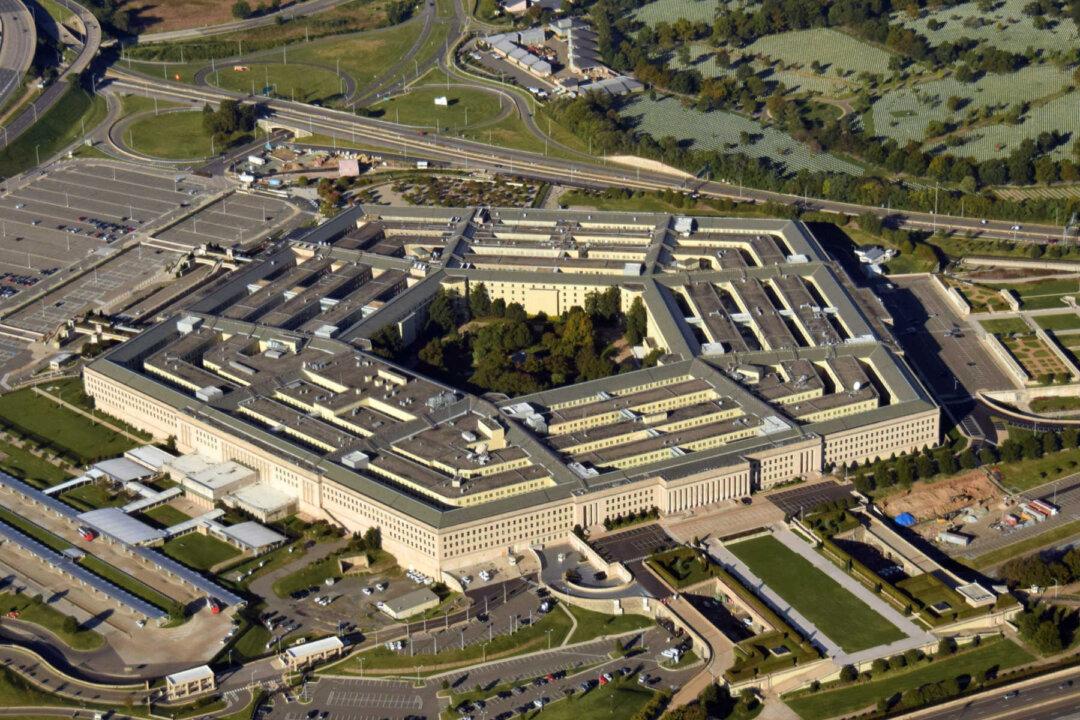The Pentagon said it would continue to require that troops get COVID-19 vaccines even as Republican senators threaten to hold up the National Defense Authorization Act (NDAA) unless the Defense Department ends its vaccine mandate.
Speaking to reporters Thursday, Pentagon spokesman Brig. Gen. Pat Ryder claimed the controversial mandate is needed for U.S. national security purposes.





